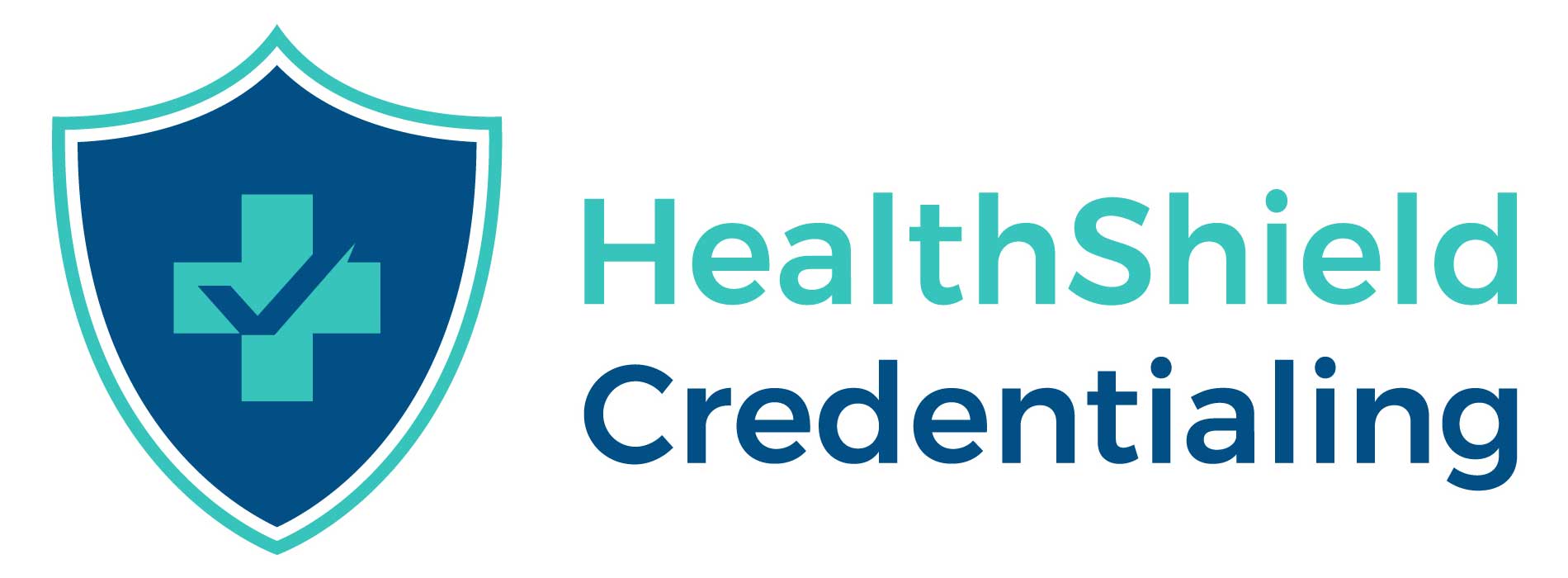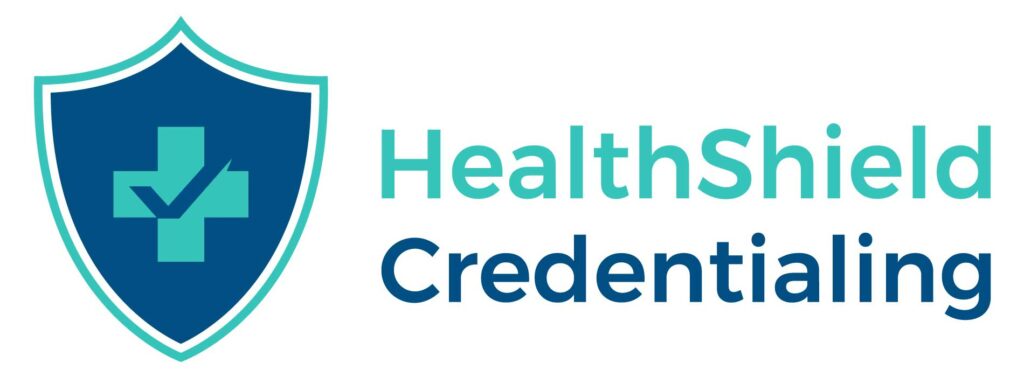Navigating the request for references when your assignments are short-term, and you may not have had the opportunity to develop deep connections with colleagues can indeed be challenging. However, as a traveling or contract healthcare provider, you’re well aware of the dynamic nature of your profession. From exploring new destinations to adapting to different healthcare settings, your career path is marked by diversity and change. Despite these challenges, there are several strategies and tips you can employ to effectively manage and leverage references in your career journey.
Understanding the Importance of References
References serve as a testament to your skills, work ethic, and professionalism, whether you’re applying for a new assignment, seeking permanent placement, or advancing within your field. Strong references significantly enhance your credibility and marketability, as healthcare facilities rely on them to assess your suitability for their team.
Building and Maintaining Relationships
Networking is key in the healthcare industry, especially for travel nurses and contract providers. Take proactive steps to cultivate relationships with supervisors, colleagues, and mentors during your assignments. Establishing rapport and demonstrating reliability can lead to valuable references down the line. Stay in touch with former colleagues and supervisors through professional networking platforms, like LinkedIn, and consider reaching out periodically to keep the connection alive. Additionally, it’s also helpful to offer to be a reference in return for others who travel. By extending this gesture, you not only strengthen your professional network but also foster mutually beneficial relationships within the healthcare community.
Requesting References
Approach the individual respectfully when requesting a reference and provide relevant context. Be prepared to offer guidance on what aspects of your performance you’d like them to highlight. Consider creating a reference request template that includes key information such as your current assignment, the type of position you’re applying for, and any specific skills or accomplishments you’d like them to emphasize. Remember to express gratitude for their time and support.
Rotating Your Reference Pool
Maintaining a diverse and rotating pool of references is essential for preserving relationships and avoiding over-reliance on a few individuals. Instead of repeatedly tapping into the same references, aim to cultivate a network of professionals from various settings and specialties. By rotating your reference pool, you not only showcase your adaptability and versatility but also ensure a fresh perspective on your capabilities.
Preparing Your References
Before listing someone as a reference, seek their permission and ensure they are comfortable vouching for you. Provide them with an updated copy of your resume, along with any relevant details about the position you’re applying for. If possible, offer to draft a reference letter or summary of your key accomplishments to make the process easier for them. Keep your references informed about your job search progress and notify them when you’ve secured a new position.
Navigating Challenges
Securing references may sometimes pose challenges despite your best efforts. If you encounter difficulties obtaining references from certain employers or supervisors, it’s important to be transparent with prospective employers about the situation. You can offer alternative references such as colleagues, professional mentors, or educational instructors who can attest to your skills and character. Delayed references are a common cause of credentialing delays. To address this, follow up with references or previous employers to keep this aspect at the forefront. Additionally, maintaining open communication with potential employers and providing updates on the progress of obtaining references can demonstrate your proactive approach and commitment to the credentialing process. By actively managing this aspect, you can mitigate delays and ensure a smoother transition into new assignments.
Take Home
References play a pivotal role in the career advancement of travel nurses and contract healthcare providers. By proactively cultivating relationships, diversifying your reference base, and effectively managing the reference process, you can enhance your professional reputation and seize new opportunities with confidence. Remember, strong references are not just a requirement but a reflection of your dedication and expertise in the ever-evolving world of healthcare.






